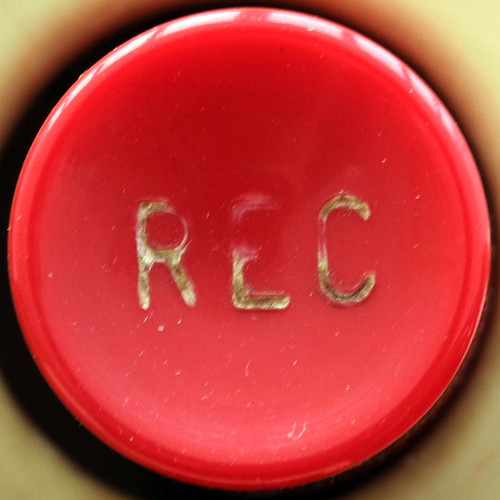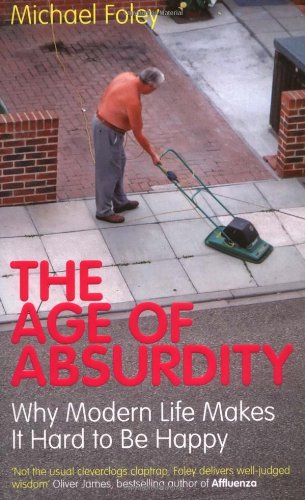"Paraffin wax is mostly found as a white, odorless, tasteless, waxy solid, with a typical melting point between about 47 °C and 64 °C ( 117°F to 147°F)...It is insoluble in water, but soluble in ether, benzene, and certain esters. Paraffin is unaffected by most common chemical reagents, but burns readily."
— Wikipedia
Though the sun may go down by 4 p.m. every day and only comes up around 8 a.m. in Lund there is some respite: Swedes love to burn candles.
Compared to other countries in Europe, Swedes burn 45 times more candles every year* per capita. In every house there are countless candles and in every shop there are even more candle holders.
On my recent visit to Gothenburg, where I met up with Viktorija, we went shopping for a day in the city with the country's biggest shopping mall: Nordstan. We didn't spend much time in this shopping mall, but its interesting that it is the biggest (no?).
Going from shop to shop (most of them cheap decorations shops filled with low quality Indian trinkets) we found a lot of candle holders and candles in all shapes, sizes and colours. We actually found a few good candle holders at the second hand shop. Though everything in the place was covered in dust, we got some nice little glass holders for our paraffin fires. Vik took two matching ones back to Vilnius and I kept a rather large (pint-glass style) one for my room.
Buying these holders (and later the candles to go with them) is the least we could do to fit in with the Swedes with their ultra-cozy atmosphere. Its a really nice thing to walk into a house or a restaurant from the cold dark streets and see lots of little flickering lights. Mind you, safety is important as my colleague Birgir can tell you: his tablecloth lit of fire last night after a rogue candle dropped burning wax.
Many people burn candles for ceremonial reasons such as Advent in these long tins with four candles. Others just burn them for the atmosphere they create in the home. Real candles are great, but sometimes they aren't practical.
Something that you will notice in Sweden is that everyone has lights simulating candles in their windows. Obviously they use the electronic lights because keeping eight lit candles on all night between your curtains and your window is neither practical nor safe. Though they aren't the real deal, its still nice when you walk down the frigid streets of Lund to see hundreds of them in all the windows down the street.
Today there was also a celebration where girls put a crown of candles on their heads. Its daring, but it looks cool.
Interestingly in a country so obsessed by candles, I am yet to find a dedicated candle shop such as the ones we have back in Australia.
*Figure completely fabricated for the purposes of emphasizing the point that Swedes like burning candles... a lot.























